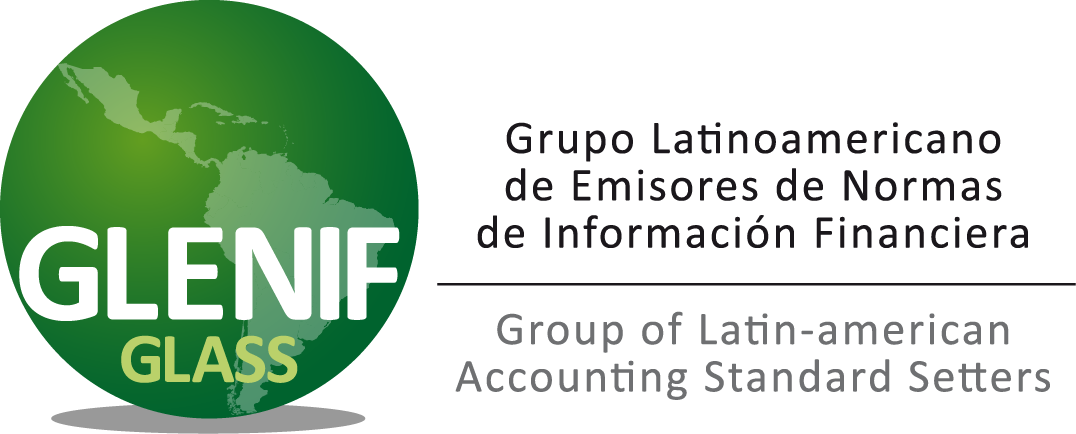By Bianca Sampaio with information from the IFRS Foundation
Social Communication
The International Sustainability Standards Board (ISSB) published the Exposure Draft IFRS S1 General Requirements for Disclosure of Sustainability-related Financial Information in March 2022, proposing that organizations disclose financial information, risks and opportunities related to sustainability. The exposure draft also proposed that an organization provides a complete set of financial disclosures on sustainability.
The ISSB has returned to deliberate on the proposals after considering feedback on the exposure draft. On June 26, 2023, the ISSB issued IFRS S1 General Requirements for Disclosure of Sustainability-related Financial Information.
IFRS S1 provides a set of disclosure requirements designed to enable companies to communicate to investors about short, medium and long-term risks and opportunities related to sustainability. The objective of IFRS S1 is to require an entity to disclose information about risks and opportunities related to sustainability that is useful to users of general purpose financial reports in making decisions about providing resources to the entity.
In addition, IFRS S1 provides information on how an entity should prepare and report its financial disclosures related to sustainability and establishes general requirements for the content and presentation of these disclosures, so that they are useful to users in making decisions regarding the provision of resources to the entity.
In particular on risks and opportunities related to sustainability, an entity is required to provide disclosures on:
• the governance processes, controls and procedures used to monitor, manage and supervise them;
• its strategy for managing them;
• the processes the entity uses to identify, evaluate, prioritize and monitor them; and
• its performance, including progress towards any targets the entity has set or is required to meet by law or regulation.
The IFRS Standards and the IFRS for small and medium-sized companies (SMEs) are becoming the basis for defining local accounting models in most of Latin America. In this context, Glenif, through its Technical Work Groups (GTT, in spanish), contributes, together with professionals from its member countries, by analyzing the points of view and the need for links in the development of accounting standards, before they are issued or permanently changed.
The adoption of the new sustainability standards in Latin America promotes the adaptation of member countries to the international standard and contributes to the improvement of the accounting area.
Glenif will hold a webinar to discuss the impacts of adopting IFRS S1 and S2 and their main aspects, on August 29, at 13h (BRT UTC -3).
Service
Webinar – Understand the impacts of IFRS on Sustainability in Latin America
Registration – click here
August 29, at 13h (Brasília time)
Glenif YouTube channel
